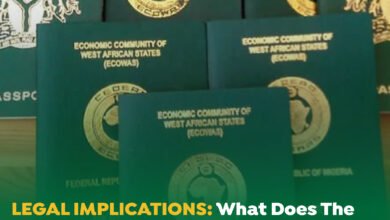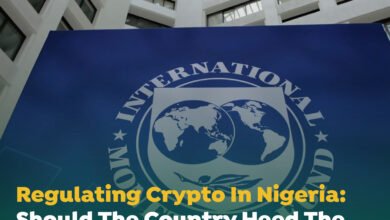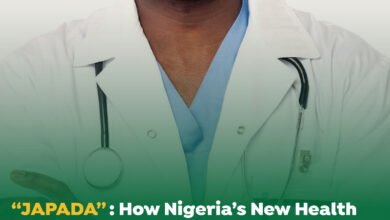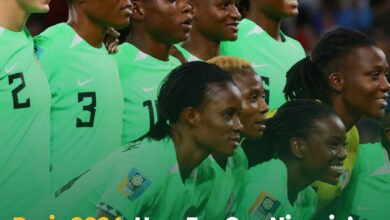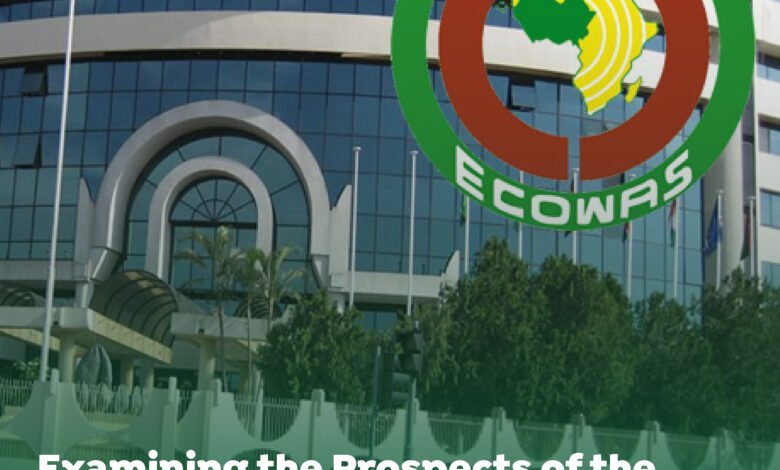
The Economic Community of West African States (ECOWAS) has been striving towards a single currency, the “Eco,” since the early 2000s.
This initiative aims to streamline trade within the region and unlock economic growth. While the proposal has generated both enthusiasm and skepticism, a closer look reveals both the potential benefits and the existing challenges.
Nigeria’s Support
Nigeria, a key player in ECOWAS, recently reaffirmed its commitment to the Eco.
The country’s Finance Minister, Wale Edun, believes a single currency would be a catalyst for economic growth and development across West Africa.
According to a statement by the finance ministry’s spokesman, Mohammed Manga, Edun expressed Nigeria’s commitment to the single currency Thursday July 4 when he hosted a virtual high-level committee meeting in Abuja.
The meeting brought together key stakeholders from the Central Bank of Nigeria (CBN), the Minister of Finance of Cape Verde, Mr. Olavo Correia, the Minister of Finance and Economic Affairs of Cote d’Ivoire, Adama Coulibaly, and the Ghanaian Minister of Finance, Mohammed Amin Adam, as well as other distinguished representatives.
At the meeting, Edun “emphasized the importance of the Eco in fostering economic growth and development in the region and reiterated Nigeria’s commitment to the successful implementation of the single currency.”
The Eco itself aspires to achieve three main goals: promoting regional integration, facilitating trade, and achieving monetary stability for all fifteen ECOWAS member states.
Potential Benefits
According to financial experts, the potential benefits of a single currency are significant, and it will be a welcome idea for the ECOWAS region.
They contend that eliminating currency exchange would significantly lower transaction costs, making cross-border trade easier, particularly for small and medium-sized businesses currently burdened by such complexities.
It is also believed that businesses throughout the region would benefit from the elimination of exchange rate fluctuations, making it easier to invest and trade regionally.
This, in turn, would foster economic integration and development.
According to Dr. Kayode Oludare, a regional economist, “A single currency could potentially increase trade within ECOWAS by 20-30%, creating a ripple effect of economic growth throughout the region.”
Additionally, a unified currency would allow for better coordination of monetary policy across the region, strengthening ECOWAS’s ability to respond effectively to economic shocks and promote overall financial stability.
Professor Kwame Owusu, a monetary policy expert, argues that “A single currency would give ECOWAS a stronger voice on the global stage and allow them to respond more effectively to international economic forces.”
Hurdles for Eco
However, the path to a single currency is not without its challenges. One major hurdle lies in achieving macroeconomic convergence.
Member states currently have varying economic structures, inflation rates, and interest rates, making it difficult to establish a unified economic environment. Nigeria, for instance, boasts a large and diverse economy compared to the smaller and more fragile economies of other members. “Macroeconomic convergence is essential for the success of the Eco,” warns Dr. Steven Ajayi. “Without it, we risk creating instability and undermining the entire project.”
Another challenge lies in the need for a strong institutional framework. A single currency requires a regional central bank and a common monetary policy to function effectively. Currently, the ECOWAS region lacks such a robust structure, requiring significant development before the Eco can be implemented. Professor Owusu emphasizes that “Building a strong institutional framework will take time and political will, but it’s absolutely necessary to ensure the Eco’s long-term success.”
Perhaps the most significant challenge is securing strong political will and unwavering commitment from all member states.
The region has a history of political instability and a tendency to shy away from full commitment to regional integration initiatives. “Political will is the make-or-break factor for the Eco,” says Dr. Ajayi. “Without a unified vision and unwavering commitment from all members, this project will falter.”
Dream to reality
With the support already offered by Nigeria and some other countries in the West Africa subregion, the dream of an ECOWAS single currency may become a reality sooner than later if the hard work required is done by all concerned parties.
Hopefully, the Eco can unlock its full potential and usher in a new era of economic prosperity for West Africa.

